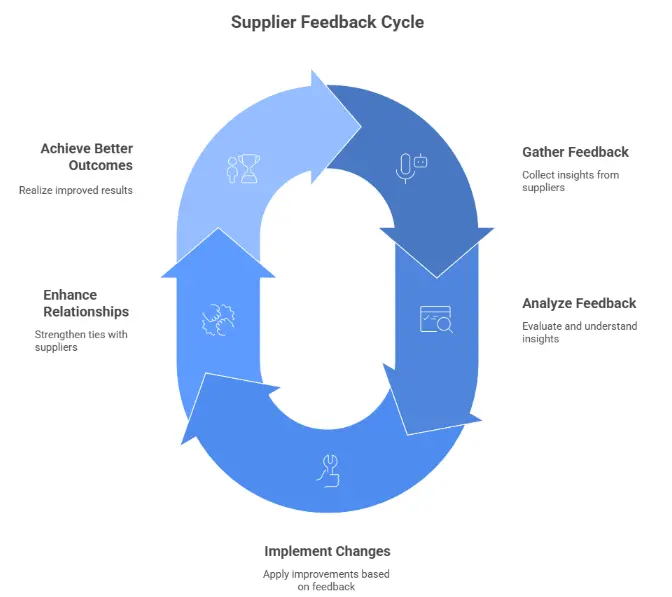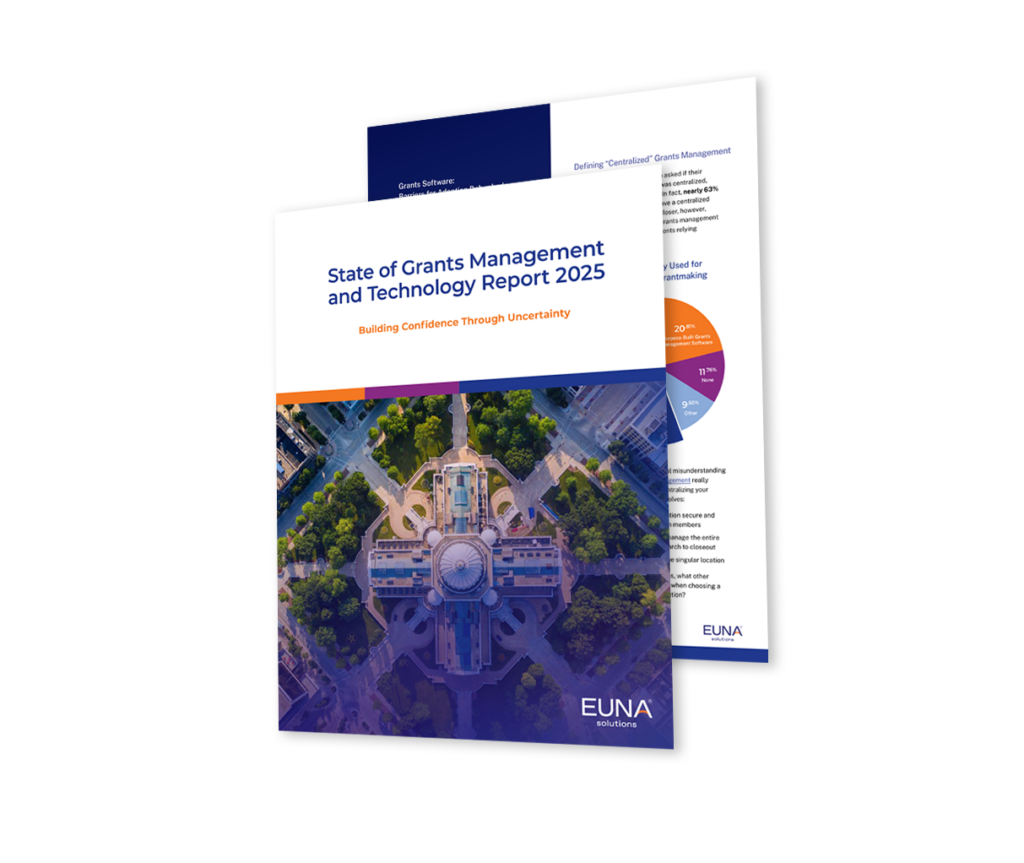TL;DR: Why Does Supplier Feedback Matter in Procurement Automation?
- Public procurement professionals, such as government buyers and agency teams, are doing more than ever, often with limited staff and digital tools.
- Supplier feedback, also known as vendor input, offers a valuable lens to uncover hidden friction points and unlock new opportunities.
- Clearer processes, better communication, and equitable access all stem from listening to suppliers.
- Agencies that embrace supplier input see stronger competition, improved compliance, and better community outcomes, as highlighted by industry surveys.
- Supplier engagement is a two-way street, and feedback helps both sides—procurement teams and vendors—succeed.
How Can Agencies Build Stronger Supplier Partnerships?
Public procurement teams work tirelessly to stretch budgets, ensure compliance, and deliver vital services to their communities. These teams juggle intake requests, supplier vetting, contracting, and approvals, all while navigating changing regulations and tight timelines. That’s no small feat for any public agency.
And while agencies put enormous care into building fair and transparent processes, it can be difficult for government organizations to see where unintentional barriers may exist, especially without regular feedback from the supplier side of the table.
Supplier feedback isn’t a critique of effort. It’s an opportunity for procurement teams to strengthen the experience and outcomes for everyone involved.
What Do Supplier Surveys Reveal About Public Procurement?
According to the 2025 State of Public Procurement Supplier Report, suppliers across North America highlighted common challenges they face when working with public agencies. These include:
- Difficulty understanding or navigating solicitation documents and RFPs
- Limited visibility into bid opportunities or requirements
- Long delays in communication or award timelines
- Submission portals that are cumbersome or inconsistent
- A lack of clarity around expectations or decision criteria
These issues aren’t the result of apathy; they’re the byproduct of bandwidth constraints, legacy procurement systems, and processes that have grown more complex over time. And they’re exactly the kind of insights that supplier feedback, including anonymous surveys, helps bring to light.
Why Is Visibility Critical for Procurement Improvement?
Procurement professionals can’t fix what they can’t see. When feedback loops are missing, it becomes difficult to spot:
- Where suppliers are dropping off in the process
- What might be unintentionally discouraging participation
- How submission tools or timelines affect small or minority-owned businesses
- Where communication gaps are creating confusion or frustration
By intentionally building channels for supplier input, agencies gain a clearer picture of what’s working and what could work better in their procurement strategy.
What Are Practical Ways to Gather Supplier Feedback?
Here are four practical ways agencies can incorporate supplier feedback into their procurement process:
- Short Post-Award Surveys: Ask suppliers to rate their experience and offer suggestions for improvement. These don’t need to be long, just consistent, and can be administered digitally.
- Supplier Office Hours: Host quarterly listening sessions for new and existing suppliers to ask questions and offer candid input, fostering open vendor engagement.
- Bid Process Debriefs: For larger or more complex solicitations, offer suppliers the chance to learn what worked or didn’t in their submission. It builds trust and improves future bids.
- Anonymous Feedback Forms: Give suppliers a way to share concerns or suggestions confidentially, particularly helpful for underrepresented or small businesses.
These small actions can yield big insights without creating an extra burden for already busy procurement teams.

What Benefits Come From Listening to Suppliers?
Better supplier feedback leads to:
- More competitive bids and proposals
- Greater supplier diversity
- Faster and smoother procurement cycles
- Higher trust in the procurement process
- Improved compliance and auditability for agencies
And when suppliers feel heard and respected, they’re more likely to engage, submit stronger proposals, and deliver long-term value to public entities.
How Can Agencies and Suppliers Build a Better Procurement Future?
No one understands the complexity of procurement better than procurement professionals. That’s exactly why supplier feedback is so powerful. It helps illuminate small, actionable changes that make life easier on both sides of the procurement relationship.
This isn’t about redoing everything. It’s about refining, improving, and co-creating a procurement process that serves your agency’s mission and the supplier community that makes it possible.
In a time where every dollar, every hour, and every outcome counts, listening to supplier voices can help make the entire procurement cycle stronger, more inclusive, and more sustainable for everyone involved.
Want to See the Full Picture on Supplier Feedback?
The 2025 State of Public Procurement: Supplier Report uncovers what suppliers across North America had to say about their experience and how procurement teams are using that feedback to strengthen performance and equity.
Download the full Supplier Report now.
Key Takeaways
- Supplier Voice Matters: Listening to vendors uncovers hidden friction and drives improvements.
- Equity Through Engagement: Feedback loops help ensure fair, inclusive procurement for all suppliers.
- Actionable Insights: Simple tools like surveys and debriefs yield big returns for agencies.
- Trust Builds Results: Open communication fosters trust, competition, and compliance.
- Continuous Improvement: Ongoing supplier input helps agencies refine their procurement strategy.
Conclusion: How Does Supplier Feedback Transform Procurement?
Supplier feedback gives public procurement teams the insights they need to improve equity, efficiency, and outcomes—making the procurement process stronger for agencies and suppliers alike.
FAQ: Supplier Feedback and Public Procurement
Why should procurement teams prioritize supplier feedback?
Supplier feedback helps government procurement teams identify hidden pain points, improve equity, and deliver better results for agencies and vendors.
Is gathering supplier input just extra work for busy procurement teams?
No, simple methods like short surveys or supplier office hours can provide valuable insights with minimal effort and significant long-term benefits for public sector organizations.
How does supplier feedback promote equity and access?
Supplier feedback uncovers barriers that may prevent small, minority-owned, or diverse suppliers from participating, enabling agencies to create more inclusive and fair procurement processes.
What are the most effective ways to collect supplier feedback?
Agencies can use post-award surveys, supplier office hours, bid process debriefs, and anonymous feedback forms to gather actionable input from vendors and suppliers.
What improvements can agencies expect by listening to suppliers?
Agencies that prioritize supplier feedback see greater supplier diversity, improved compliance, and stronger trust throughout the procurement cycle.

